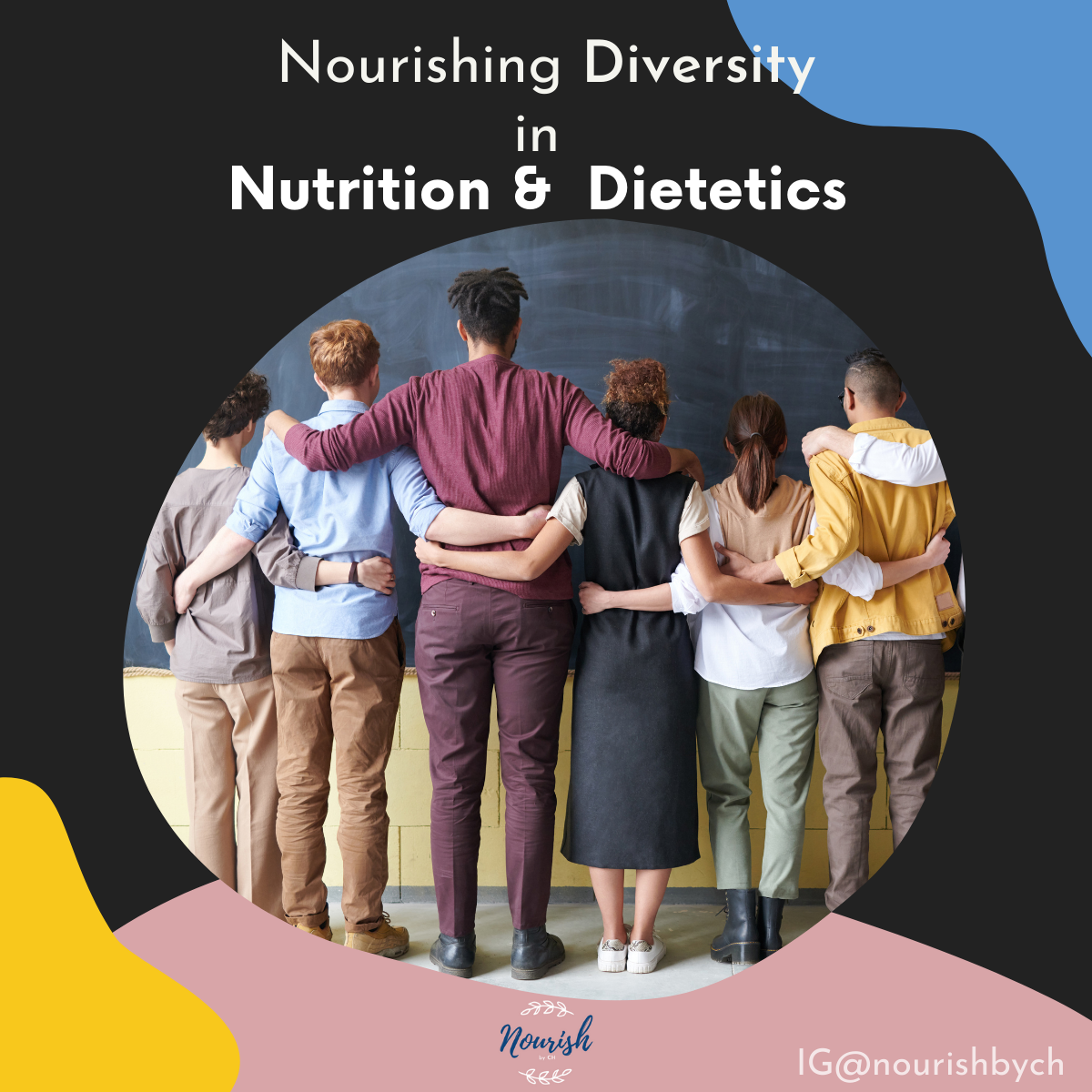
Today we chat with Shola Oladipo, a registered dietitian, doctoral researcher and strong advocate for improving nutrition and lifestyle habits among BAME groups.
Why is diversity important in Nutrition & Dietetics?

Shola Oladipo, RD
Where you can find her:
Facebook: @foodforpurpose @healthychurchinitiative
Instagram: @food4purposeffp @healthychurchinitiative
Twitter: @FoodForPurpose
Website: Food for Purpose
Can you tell us a bit about yourself and your current role?
I am Shola Oladipo a registered dietitian. Born and bred in London, England – proud Nigerian heritage. Qualified in 1996, studied at North London Polytechnic (now London Metropolitan University) I’ve had a varied career in acute, community, industry (Nestle Nutrition) and spent about 8 years in senior management in NHS before leaving to start my own company – Food for Purpose aka FFP.
FFP is a nutrition and wellness CIC (not for profit) our main objects are to provide culturally relevant nutrition programs and educations to BAME communities- especially faith communities. We have developed an award winning programme called the Healthy Church Initiative- in response to the needs of the black community. We used the Black African-Caribbean church as this remains one of the most stable entities throughout black history.
We also work with local councils and public bodies to promote nutritional health with cultural relevance for people of colour. I am a PhD researcher at Coventry University, I am studying the role of church based health interventions in the Black church and how this can support health outcomes in our communities. I guess my niche is public health for BAME communities and influencing policy makers!
When did you first know you wanted to pursue nutrition and dietetics?
I knew in 1992 when I realised that there was an important connection between food, science and health. At the time I weighed over 150kg (very obese) and had little support from NHS sources.
What was your most interesting client encounter?
When I worked in HIV/AIDS in late 90s and how enteral tube feeding, antiretrovirals and oral nutrition support was literally transforming lives of patients especially African women. Their stories of family life and desire to be well for their children was more than interesting to be honest, it really left a mark on me.
What’s your favourite meal?
I am an African girl so I love yam! Also love rice – jollof, pilau, rice and peas …drinks … hmmm I love decaffeinated Earl grey tea with a splash of skimmed milk!
What are your thoughts on diversity in N&D?
Dietetics is still quite a white middle class profession where the lack of diversity and Eurocentric approach does not always model the diversity of the population it serves. The lack of black and brown people can be challenging in supporting patient needs in terms of resources, especially.
I also feel that nutrition is a discipline where medics have often limited knowledge and are often ‘guilty’ of misleading or giving inappropriate advice to patients. Or worse still where nutrition is dismissed as less important. So it can be difficult (though things are improving) to ensure patients are given appropriate timely advice.
Nutrition is often something people feel is a general topic limited to obesity and perhaps diabetes. Many do not really know what dietitians do!
What’s your biggest pet peeve in terms of being a registered dietitian?
People really don’t know what we do, and now that there are sooooo many online ‘influencers’ who give erroneous advice – we seem to be viewed as the same!
Black or Blue ink pens?
Deffo Black.
If you could summarise your career as a nutrition professional in 3 words, what would they be?
Innovation , commitment, compassion.
What advice would you give to black youth considering nutrition & dietetics as a career?
We need more black people with a desire to join the profession. The current level of diversity in N&D is woefully low – especially in Dietetics. The ONS data for UK population growth shows that the ethnicities described as black African and black ‘other’ are growing exponentially by 100% year on year since 2001.
The black community still has a higher risk or vulnerability for chronic illness. We now know that BAME people generally respond more positively to those HCPs who look like them, with insider knowledge and empathy for their health plight.
It would be great to see more black people joining the profession and bringing the richness of insight and expertise to this fantastic profession.

